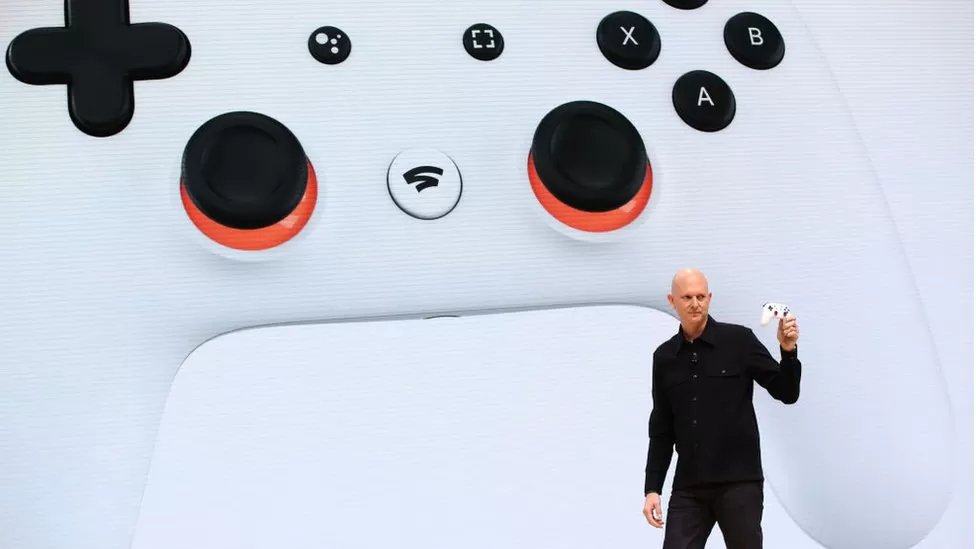Google’s search for an AI future as it turns 25

Founders Larry Page and Sergey Brin started Google in 1998 and it is now 25 years old (I’ll have a few more candles on my cake).
At the time, Google was only a search engine, and it lived in the garage of Susan Wojcicki, the future CEO of YouTube.
I don’t need to tell you how well that search engine worked. Google has been in the dictionary for 17 years. There was a discussion about whether we should use it as a verb on air because it could be used as a free advertisement.
It has since diversified into pretty much every area of tech and dominates some of them to an extent that sometimes worries anti-competition regulators. Currently, it’s trying to catch up to Google in the AI race, but some say it’s already fallen behind. Large Language Models, or LLMs, are the foundation of chatbots. Lamda was one of Google’s original LLMs.
Engineers who worked on it became convinced that it was sentient. As evidence that Lamda shared real emotions and thoughts, he published pages and pages of conversations.
An LLM is trained to generate authentically human-like text. The company has consistently denied Lamda was doing anything more than that, and he was fired as a result.
It created headlines around the world and heightened nervousness about AI long before the debate became hot – headlines that perhaps Google might have preferred not to be associated with.
There is no sign that the firm has given up. Google announced 25 new AI-driven products at the IO developers conference in May. It declares on its website that it is “at the forefront of advancing the frontier of AI”. A leading UK-based AI company, DeepMind, whose program AlphaFold could be used to speed up the discovery of new medications, is owned by the company.
Gartner analyst Chirag Dekate attended Google Next in August, which he described as a futuristic event.
According to him, Google is preparing to lead the emerging generative AI economy.
